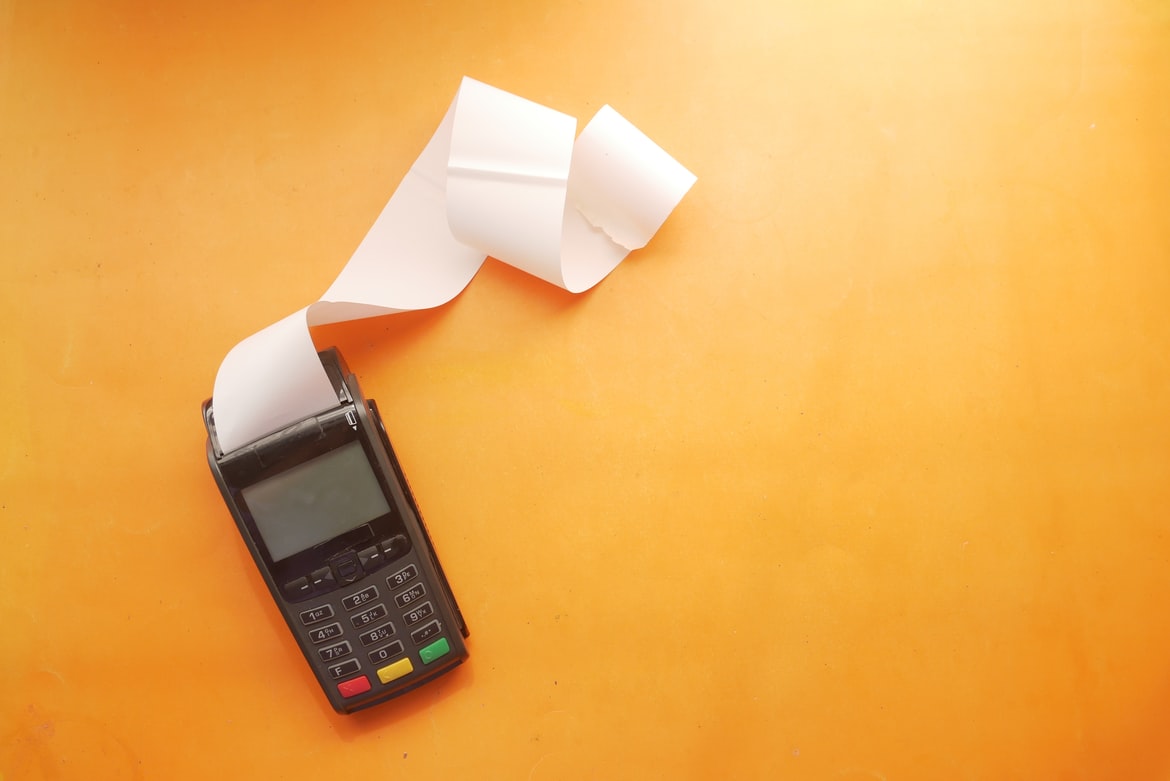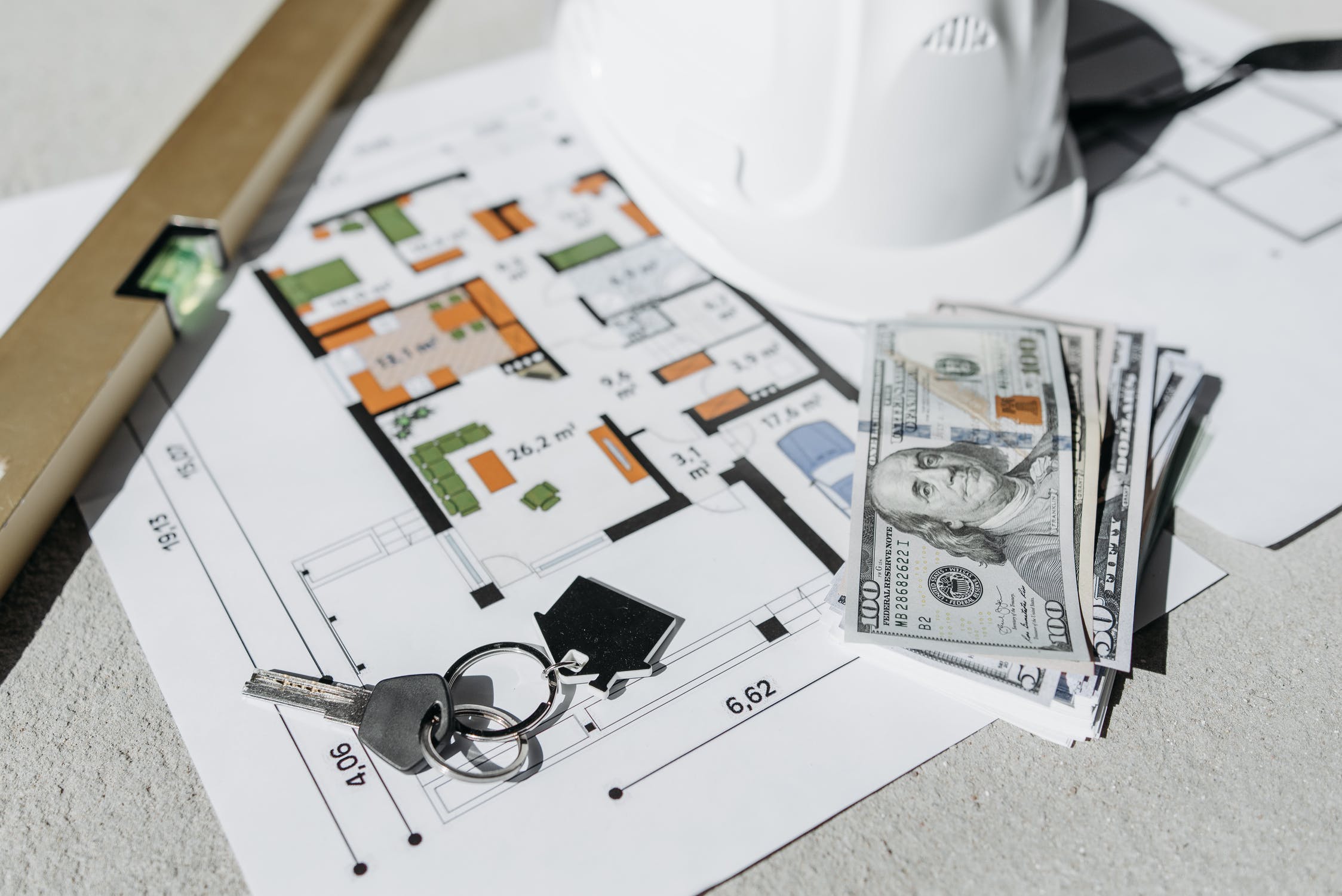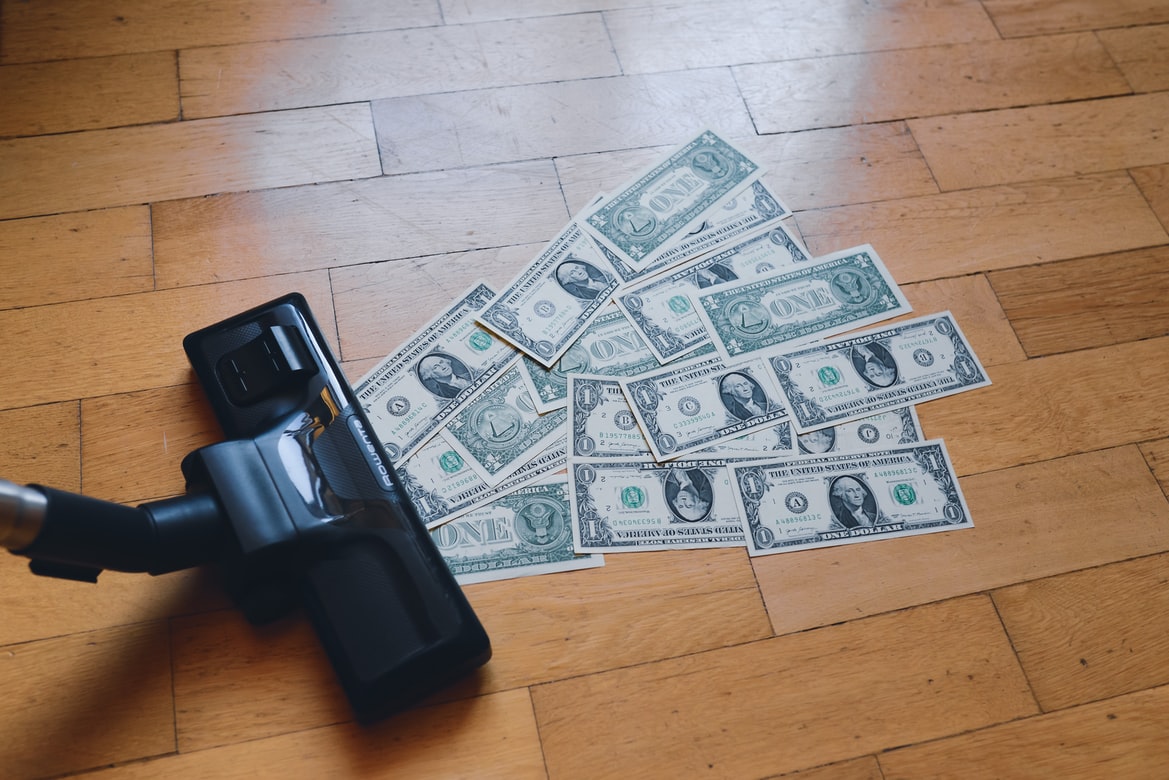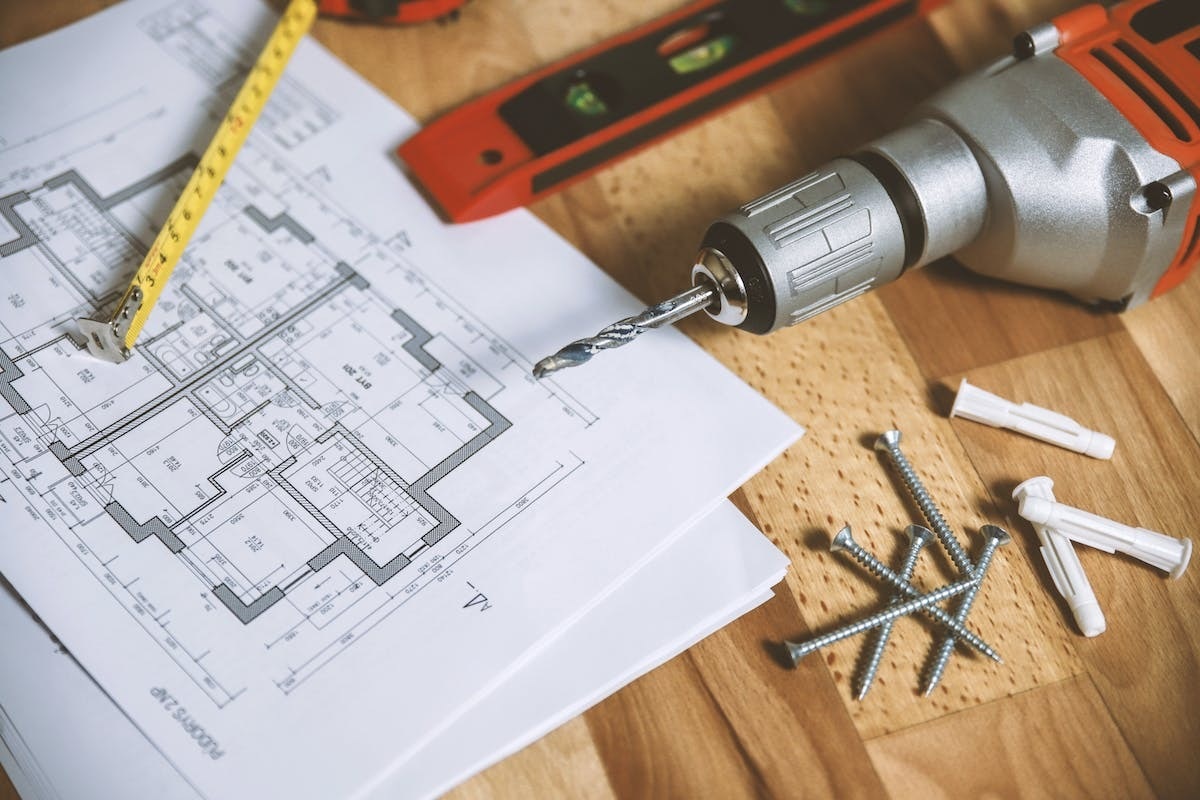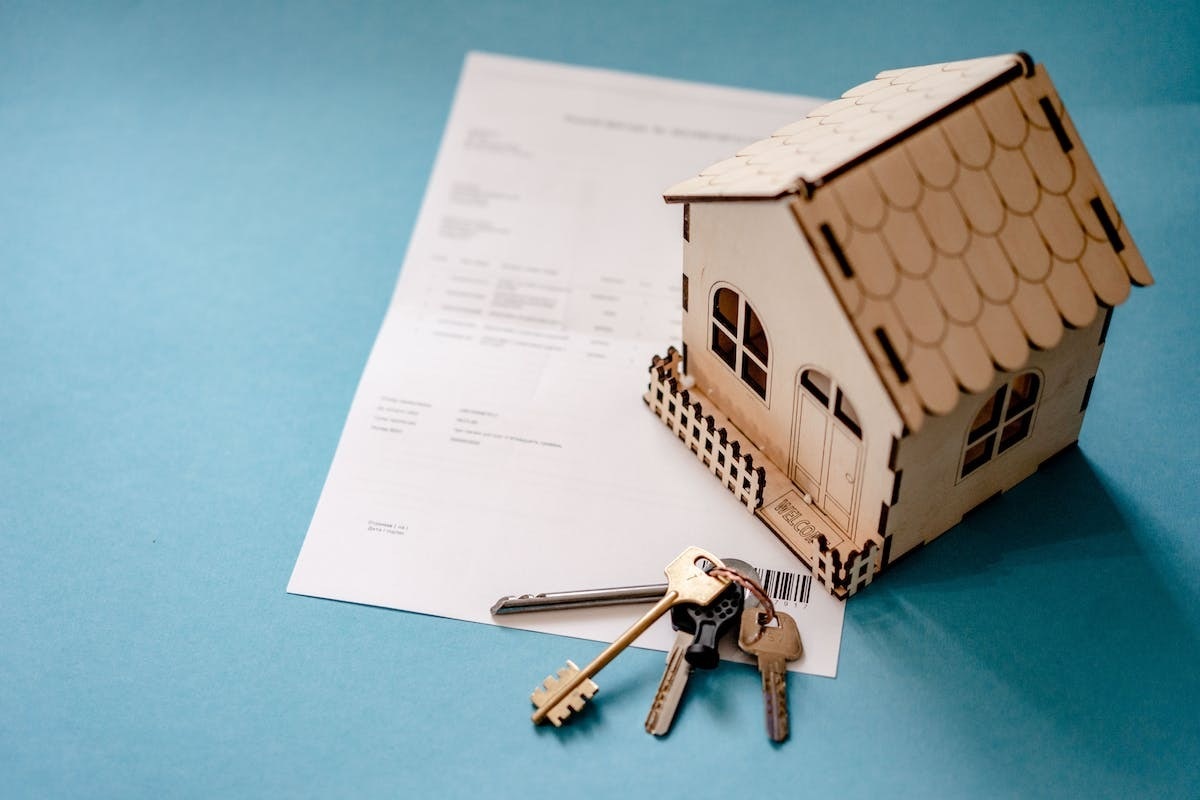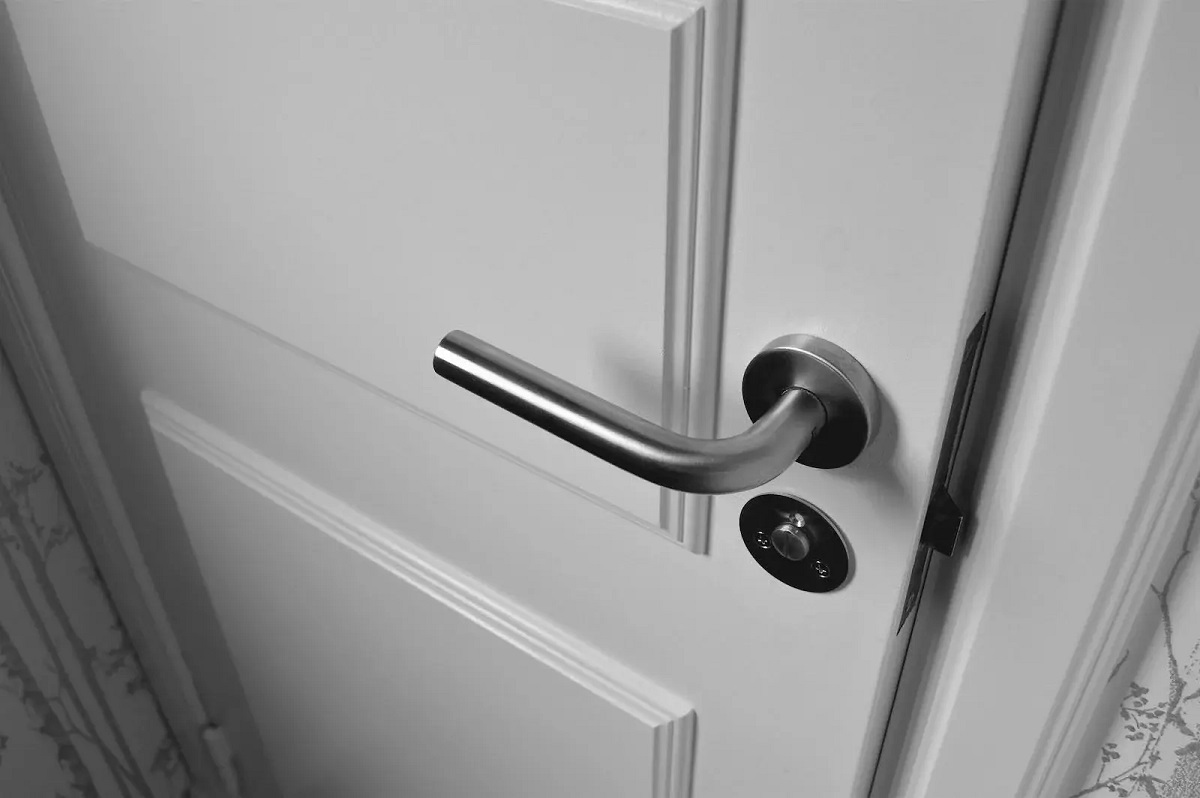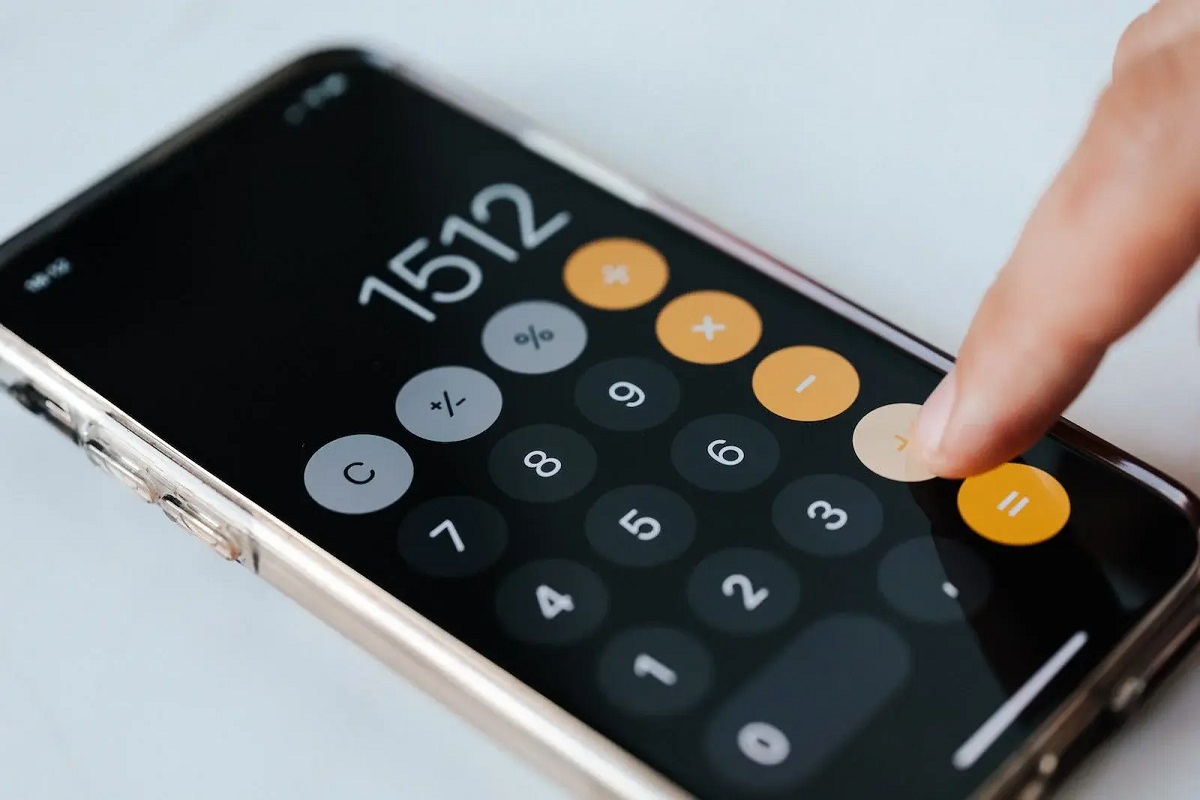
Following the money after signing on the dotted line
___
Published Date 1/5/2024
Home sellers these days have a right to be smug about how much their home is worth compared to — perhaps — ten years ago, or even five years ago. Chances are good that you sold your home quickly for thousands of dollars over the asking price. You may be eyeing that sale price with wide eyes, amazed that a large amount of money will soon be in your bank account.
“Soon,” however, is a relative term when it comes to real estate transactions. While it’s true the cash will eventually get to your savings account, it may not happen as quickly as you hoped—or expected. Don’t forget: this is one of the largest money trade-offs most people experience in their lives, and buying a property is a complex transaction.
First off, take heart in the idea that getting the money from the buyer’s bank to yours involves a multitude of steps that safeguard both parties. So let’s follow the money and see how this all works.
The first chunk of funds comes in the form of an earnest money payment, usually a sum of between 1% to 5% of the purchase price of the home within three days of an offer. It’s the initial “skin in the game” gesture of good faith — a commitment to buying the property. The seller then takes the property off the market.
No. You can’t take the money and run, as this first payment will be placed in escrow to eventually be put toward the total cost of the home. Escrow is what is referred to as a “third party” — like a trusted person (in this case, a highly regulated company) who holds the bag for a while, so to speak. In some states, attorneys are used. This third party holds the payment until the contract is finalized.
This is the first big safeguard in the transaction. If anything goes wrong from the contract to the inspection, the neutral party can fairly distribute the earnest money—usually back to the buyers. But if the buyers flake, cancel the sale for no legitimate reason, or miss key dates in the contract, the seller may have the right to keep the money.
While the earnest deposit is a nice chunk of money out there with your name on it, more is coming in the form of a down payment. So when can you grab that gusto? The point of a down payment is for buyers to prove to the lending institution or bank that they have enough dough to pay back the loan they’re applying for —which will eventually be your money. The thing is, the buyer isn’t required to turn over the down payment until after a required loan for the real estate transaction is approved by the lender. And even if they’re paying cash, no one gets that money until the oversized lady sings and the property has been legally transferred.
Now? You wait. Think of this as a concert, when you’re waiting for the drama of the drums and cymbals to sound. The lead-up to it contains an appraisal, a home inspection, potential repairs (and renegotiations as a result of them), disclosures, and contingencies. The specific timelines and deadlines depend on your contract.
All those strings in the background are the sounds of a title insurance company investigating whether the property meets the needs and requirements of the buyers and their lender, and that the chain of title has no “clouds” hanging over it, such as mechanics liens or property line disputes.
By now you may be asking how long this can take. All-cash offers can go fairly quickly. But if a lender is involved, the entire closing process can take anywhere from 30 days to three months. “Closing” begins to occur when all of these steps have been completed and the loan is approved.
Are we there yet? (Starting to sound like your kids in the back seat of the car already?) Yes. It’s closing day. Payday. The final frontier. It’s also the day you’ll be handing over the keys to your former castle and the buyers will hand over a massive chunk of money.
Here is the final timeline:
The buyers make the remaining down payment—minus earnest money—at closing. This is called “funding” and the money is usually wired from a secure account. It’s also when closing costs are paid.
Once funding takes place, the title is transferred from the seller to the buyer. The magic words to listen for are “You’re on record.”
Immediately after the transaction closes, escrow pays the seller the full purchase price in the form of a cashier’s check or wire transfer—minus any fees, taxes, or real estate commissions, which you, as the seller, are required to pay.
You will now have an eye-popping amount of money in your possession — until, perhaps, you sink some or all of it into another home.
A note here: If you’re to be paid for your home sale by electronic transfer, the good news is that most of the funds are available within a day. However, in recent years the real estate industry has been plagued with wire fraud. Be especially cautious when exchanging wiring instructions, and use only secure or encrypted email to trade banking information.
A phone conversation with your title company is a great idea at this point. As long as you’re aware and practice due diligence, wire fraud can be avoided.
Now. Belt out that aria.
Realtor, TBWS
All information furnished has been forwarded to you and is provided by thetbwsgroup only for informational purposes. Forecasting shall be considered as events which may be expected but not guaranteed. Neither the forwarding party and/or company nor thetbwsgroup assume any responsibility to any person who relies on information or forecasting contained in this report and disclaims all liability in respect to decisions or actions, or lack thereof based on any or all of the contents of this report.
Millenium Home Mortgage, LLC NMLS # 51519 Licensed by the NJ Department of Banking and Insurance, CT Mortgage Banker 1st and 2nd Mortgages Licensed as MHM Home Mortgage, Licensed by the Pennsylvania Department of Banking. All interest rates, fees and programs are subject to change without notice. THIS ENTIRE SITE IS NOT INTENDED AS A SOLICITATION FOR MORTGAGE LOAN CUSTOMERS IN NEW YORK, PENNSYLVANIA, OR CONNECTICUT.


Joseph Galayda
Licensed NJ Mortgage Banker
NMLS: 65345
Millenium Home Mortgage LLC
211 North Ave East, Westfield NJ
Company NMLS: 65378
Office: 908-588-7601
Cell: 908-875-7918
Email: jgalayda@mhmlender.com

Joseph Galayda
___
Licensed NJ Mortgage Banker
NMLS: 65345
Cell: 908-875-7918
Last articles
___

NAR settlement may mean commission rebates if you recently sold your home
3/25/2024
While agents are still sorting out what all this means for their business, the m... view more

Three things that could impact rates this week
3/25/2024
These are the three areas that have the greatest ability to impact rates this we... view more

A few bathroom touches to bring your spring into view
3/22/2024
Instagram can be a great place to gather decor ideas, and the ones...... view more

A calmer day for markets after a turbulent week
3/22/2024
This morning the 10 year note yield began 5 bps lower to 4.21%, MBSs in early ac... view more

Initial Weekly Jobless claims meet expectations
3/21/2024
Initial Weekly Jobless Claims were 210K versus estimates of 215K. The 4 week mov... view more

Preparing for a home renovation with eyes wide open
3/20/2024
A home renovation is often compared to childbirth. Anticipation, excitement, and... view more

Seismic shift in real estate arrives with NAR settlement
3/18/2024
No doubt about it. The real estate industry just got hit with a massive life cha... view more
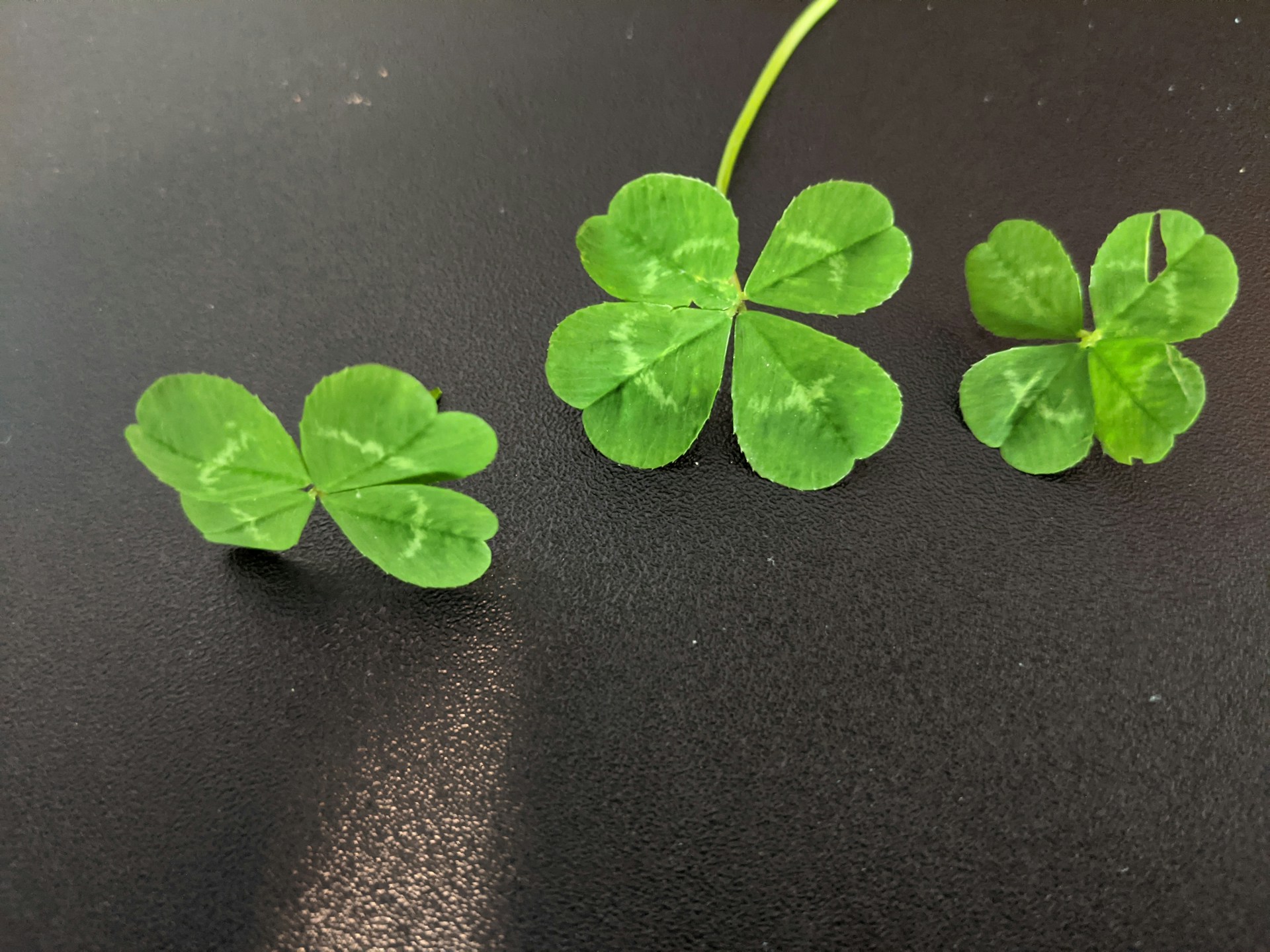
Three things that could impact rates this week
3/18/2024
These are the three areas that have the greatest ability to impact rates this we... view more

Don’t be surprised if your lender wants to know why you took time off work
3/15/2024
You got the money together. Your credit score is admirable. And you now know the... view more

March Empire State Manufacturing Index fails to meet expectations
3/15/2024
Inflation just won’t cooperate, continuing to increase. This week CPI and yester... view more
Load more
 Millenium Home Mortgage LLC
Millenium Home Mortgage LLC



















